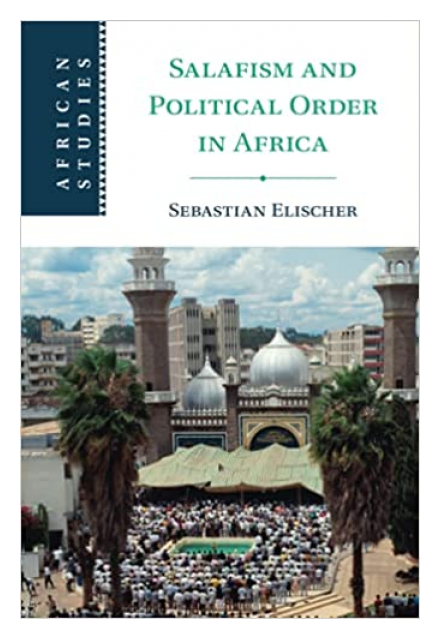Sebastian Elischer is an associate professor of political science at the University of Florida whose work analyzes the interplay between identities and institutions. His research encompasses political Islam, violent extremism, and ethnicity, how identities shape and affect procedural democratization in sub-Saharan Africa, and the nature and effect of religious regulation in areas of weak statehood. He was a 2022 Kellogg Institute Visiting Fellow.
While at Kellogg, Elischer worked on a project that examined two opposing trajectories of post-Cold War military coups and their effects on democracy: military withdrawal from power, in which the junta allows for multiparty elections with civilian politicians, and autocratic resilience, in which the junta intervenes in the electoral process and prolongs its rule through a civilian proxy.
Elischer is the author of Political Parties in Africa: Ethnicity and Party Formation (Cambridge University Press, 2013) and his forthcoming book, Salafism and Political Order in Africa, will be published by Cambridge University Press in August 2021. A member of the editorial board of the African Studies Review, his articles have appeared in a number of publications and he regularly provides briefings on African security and politics for several German ministries and the Organization for Economic Cooperation and Development. Elischer previously worked as an assistant professor of comparative politics at Leuphana University Lüneburg in Germany, and he was selected professor of the year at the University of Florida’s political science department in 2020.
Elischer earned a PhD in integrated social sciences from Jacobs University Bremen, an MA in international relations from Free University Berlin, and an MIS from George Washington University.
Academic Year 2021-2022 : Military Juntas, Civil Society Activism, and Post-Coup Political Orders








